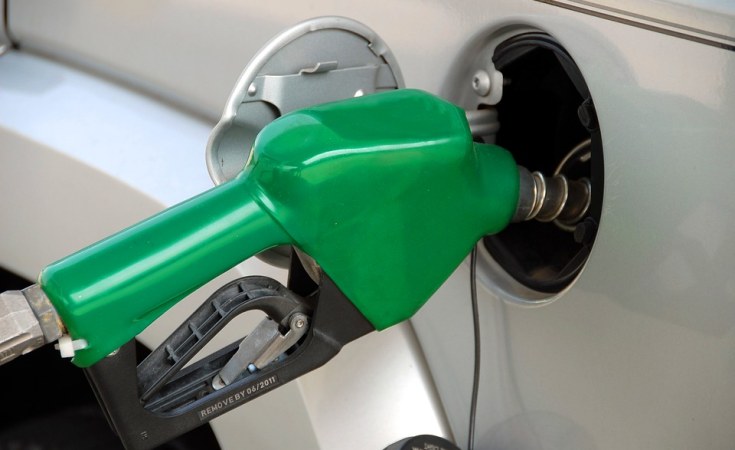"Council agreed that the timing of the removal of fuel subsidy should not be now," an official said.
The National Economic Council (NEC) on Thursday suspended the planned removal of subsidy on petroleum products by the end of President Muhammadu Buhari's administration.
The Minister of Finance, Budget and National Planning, Zainab Ahmed, made this known to State House correspondents shortly after the valedictory Council meeting presided over by Vice President Yemi Osinbajo at the Presidential Villa, Abuja.
The minister stated that the council deliberated on the matter and resolved that the fuel subsidy cannot be removed for now, according to Punch newspaper.
The council however agreed on the need to continue the discussion on the matter and the necessary preparatory work in conjunction with states and representatives of the incoming administration, she said.
"Council agreed that the timing of the removal of fuel subsidy should not be now. But that we should continue with all of the preparatory works that need to be done and that this preparatory has to be done in consultation with the states and other key stakeholders including representatives of the incoming administration," she said.
"Council agreed that the fuel subsidy must be removed earlier rather than later because it is not sustainable. We cannot afford it anymore. But we have to do it in such a way that the impact of the subsidy is as much as possible, mitigated on the lives of ordinary Nigerians.
"So, this will require looking at alternatives to the fuel subsidy that needs to be planned for and subsequently put in place. But also what needs to be done to support the people that will be most affected as a result of the removal."
Mrs Ahmed added that the federal government is working with other institutions of government towards the eventual removal of the fuel subsidy.
"And if I may remind this forum that the budget for 2023 has a provision for fuel subsidy only up to June 2023 and also the Petroleum Industry Act has a provision that requires that all petroleum products must be deregulated 18 months after the effective date of the PMS removal and that that period is also up to June 2020," the minister said.
Earlier in January, Mrs Ahmed said that it will be more appropriate for the government to begin the implementation of its fuel subsidy policy in the second quarter of the year.
The minister noted that the country needs to exit the fuel subsidy regime because it is a very significant contributory factor to revenue loss.
"You can look at it in two ways, the payments made are revenues that would have come to the government but don't because it is being spent on fuel subsidy.
"Also, where there is not enough revenue to buy the refined petroleum products, we have to borrow to buy the products, so, if we take that out, that is over N3 trillion, it's a significant relief if we do not incur any more than that number that we projected for 2023," she said.
Fuel subsidy
The Nigerian government has, for decades, subsidised fuel and fixed retail prices of petroleum products. The payment has, however, threatened the nation's fiscal position and impacted government's ability to fund developmental projects across the nation.
In November 2021, the federal government announced its plan to remove the fuel subsidy and replace it with a monthly N5,000 transport grant for poor Nigerians.
But the government later suspended the plan after the Nigeria Labour Congress (NLC) and Trade Union Congress (TUC) threatened to embark on mass protests.
In February, the International Monetary Fund (IMF) urged the Nigerian government to deliver on its commitment to remove fuel subsidies by mid-2023.
The Washington-based lender in a report titled 'IMF Executive Board Concludes 2022 Article IV Consultation with Nigeria' urged the authorities to deliver on their "commitment to increase well-targeted social spending."
Despite rising oil prices, the IMF said, the government's fiscal deficit is estimated to have widened further in 2022, mainly due to high fuel subsidy costs.


